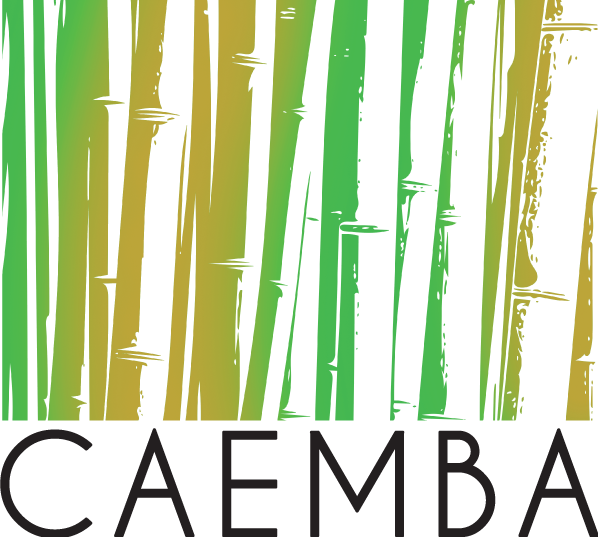On Monday, December 14, 2020, was a very important day for the Raíz Foundation and CAEMBA, as well as for the 15 women who graduated from the textile tailoring course. The course took place at the Women’s Entrepreneurship House in Nueva Esperanza, Atacames. It was taught by the Social Group of the Ecuadorian Fund for Populorum Progressio (GSFEPP) and Funder, and it aimed to teach these women cutting and sewing techniques.
The course lasted for 3 months and was initially scheduled to conclude in March. However, due to the onset of the pandemic, the last workshops and the graduation were suspended.
It was a very emotional event, which began with the notes of the National Anthem, followed by several speeches. Manuel Pallares, president of the Raíz Ecuador Foundation, accompanied by Cristina Latorre, CAEMBA project director, were present. Also in attendance was Iván García, director of the Cándido Rada Educational Foundation (GSFEPP/FUNDER), as well as the Mayor of Atacames, Freddy Saldarriaga, accompanied by his wife, Elicenia Vélez de Saldarriaga.
Cristina addressed the women and told them that ‘this learning is something that you can pass on to your children, your spouses, your friends, so be aware that as you learn, you will be able to do more things, like connecting to Pinterest. There you can be inspired to make all kinds of clothing.’ Cristina said that for her, this moment is like fulfilling a dream. ‘It’s something that fills me completely,’ she said.
On his part, Iván García, director of the Cándido Rada Educational Foundation (GSFEPP/FUNDER), pointed out that ‘it is a reason for great joy to be able to graduate these women. It’s not just another training course since they will receive a certification endorsed by the Ministry of Labor, which will give them the skills and capacity to practice their profession.’ FUNDER, together with the Raíz Foundation and CAEMBA, worked on training the 15 women.
The Mayor of Atacames talked about his youth, when he and his family were involved in various textile businesses in Manabí. He also proposed the idea that the Municipality buy uniforms from the women who graduated and formed a textile association. ‘Don’t stay there, life experiences should be continuous,’ Saldarriaga pointed out.
The faces of the 15 women were filled with satisfaction and joy, knowing that they have taken an important step in their lives. One of them is Maribel Quiñonez, who was very happy with the graduation: ‘I am happy to have come this far, in the company of all my classmates. Together we have achieved something we never imagined. Now that we have reached the goal, we are very happy, and I imagine our families are very proud too,’ Maribel said.
Speaking of her plans, she says that ‘among all of us, we want to continue moving forward. We formed a textile association, which will allow us to work and produce,’ Maribel said. She wants the Raíz Ecuador Foundation and CAEMBA to continue focusing their eyes and hearts on vulnerable sectors like Nueva Esperanza.






